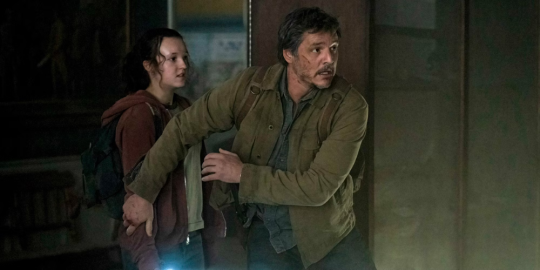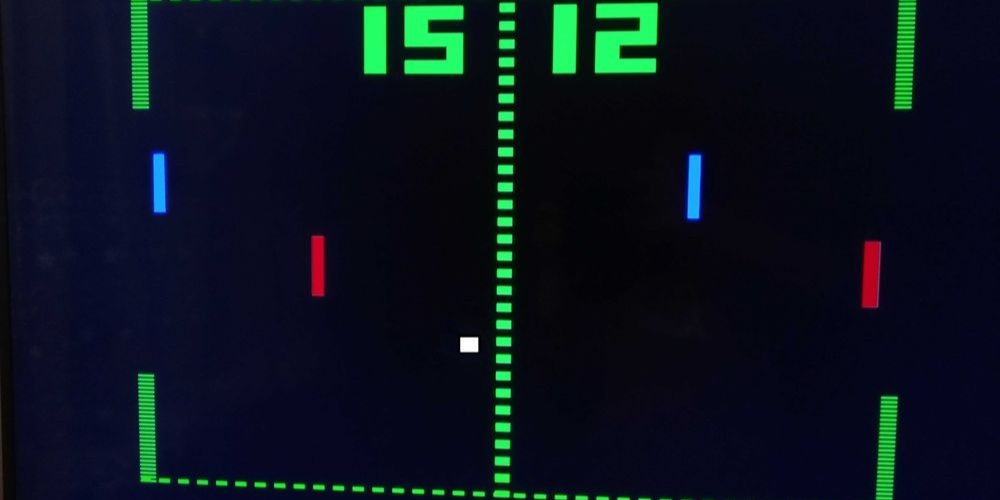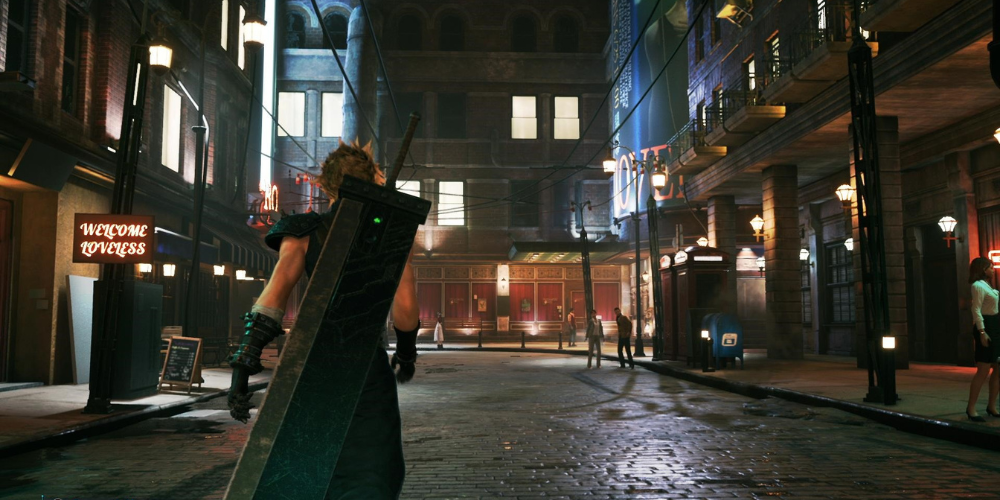
It is undebatable that the realm of video gaming has significantly marked its territory in popular culture. Over the years, video games have not only become a prevalent form of entertainment but also a powerful influence on societal norms, fashion, music, and even language. This article aims to delve into the profound influence of video games on popular culture, exploring how this digital medium has permeated various aspects of our everyday lives.
The Evolution of Video Games
Since their inception in the 1960s, video games have undergone remarkable evolution. From the rudimentary graphics of 'Pong' to the hyper-realistic imagery of 'Red Dead Redemption 2', the visual aspect of games has improved dramatically. Alongside this, their narratives have matured as well, moving beyond simple 'good versus evil' plots to intricate stories that explore themes such as identity, morality, and even philosophy. This evolution has contributed significantly to the integration of video games into mainstream culture, as they now provide experiences as rich and engaging as any film or novel.

Video Games and Fashion
Undoubtedly, video games have made a significant impact on the fashion industry, inspiring designers and shaping trends. From cosplay costumes that recreate the outfits of beloved characters to high-fashion lines influenced by gaming aesthetics, the crossover between these two mediums is evident. Brands like Moschino and Louis Vuitton have collaborated with video games like 'The Sims' and 'League of Legends' respectively, showcasing the symbiotic relationship between gaming and fashion. This influence is not only confined to the runway; it has permeated streetwear and everyday fashion, demonstrating the widespread impact of video games on our sartorial choices.
Music and Video Games
The impact of video games on music is another facet of this cultural influence. Video game soundtracks have evolved into a genre of their own, with composers like Koji Kondo ('Super Mario Bros.') and Nobuo Uematsu ('Final Fantasy') gaining recognition for their work. These tracks have transcended the games they were created for, finding their way into concert halls and inspiring a new generation of musicians. Moreover, popular musicians have tapped into the gaming culture, incorporating video game sounds and visuals into their work. This reciprocal relationship has led to the creation of a unique soundscape that blends the digital with the traditional.

Video Games and Language
Video games have also left an indelible mark on language, introducing new words and phrases into popular discourse. Terms like 'level up', 'respawn', and 'noob' have found their way into everyday conversations, even among non-gamers. This integration of gaming language into common parlance signifies the cultural ubiquity of video games. It also highlights the medium's capacity to shape communication, reflecting its influence on societal norms and conventions.
Video Games and Social Interaction
Far from the stereotype of the isolated gamer, video games have become a social hub, facilitating interaction and community building. Online multiplayer games like 'Overwatch' and 'Fortnite' have fostered communities where players can connect, collaborate, and compete. These virtual gatherings have redefined the concept of social interaction, providing a platform for shared experiences and communication on a global scale. The popular 'Animal Crossing: New Horizons' even emerged as a social lifeline during the COVID-19 lockdown, offering a space for friends to 'meet' and interact virtually. This influence on social interaction underscores the transformative power of video games in shaping our collective culture.

The Role of Esports
Esports, or competitive gaming, has further cemented the place of video games in popular culture. High-profile tournaments with substantial prize money, professional players, and a global audience have legitimized video gaming as a sport. Moreover, the inclusion of esports in the Asian Games and its potential inclusion in the Olympics signals a shift in the perception of video games from simple entertainment to a respected competitive discipline. This recognition plays a crucial role in enhancing the cultural relevance of video games.
Bottom Line
The influence of video games on popular culture is extensive and multifaceted. As a medium, it has matured and evolved, moving beyond mere entertainment to influence fashion, music, language, social interaction, and even sports. As video games continue to innovate and push boundaries, their cultural impact is likely to grow even further. Understanding this influence is crucial to appreciating the depth and diversity of modern popular culture, reminding us that video games are not merely child's play but a significant cultural force.
